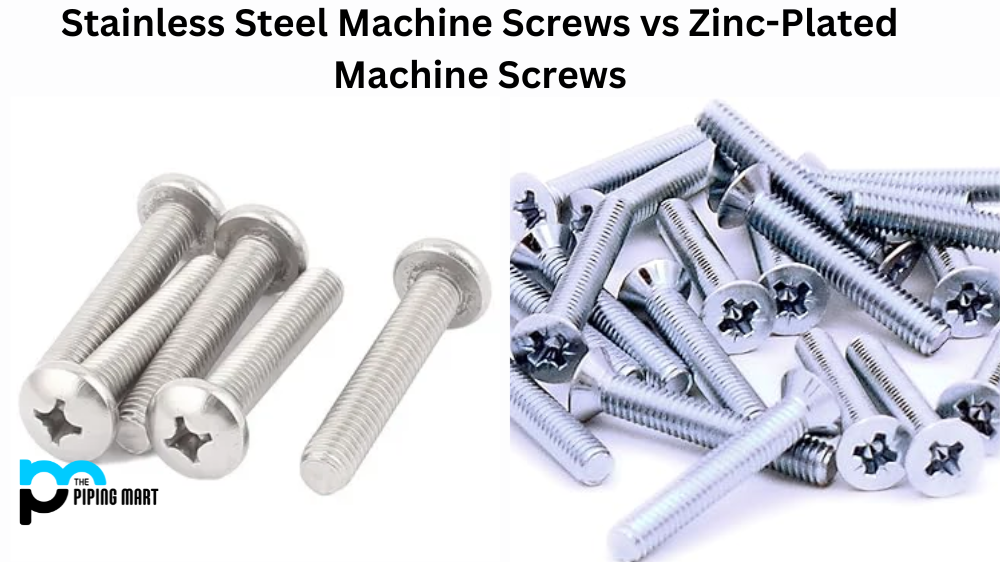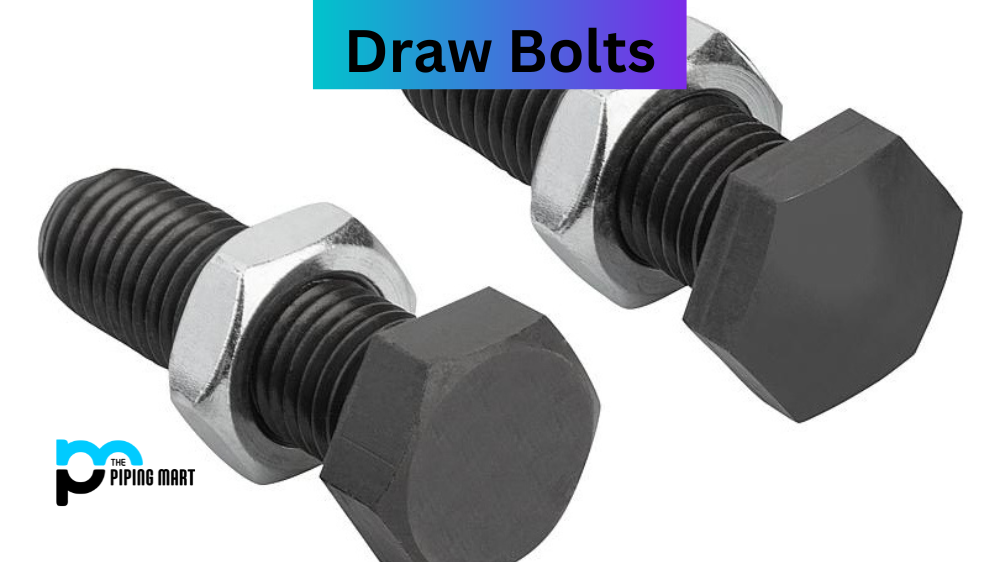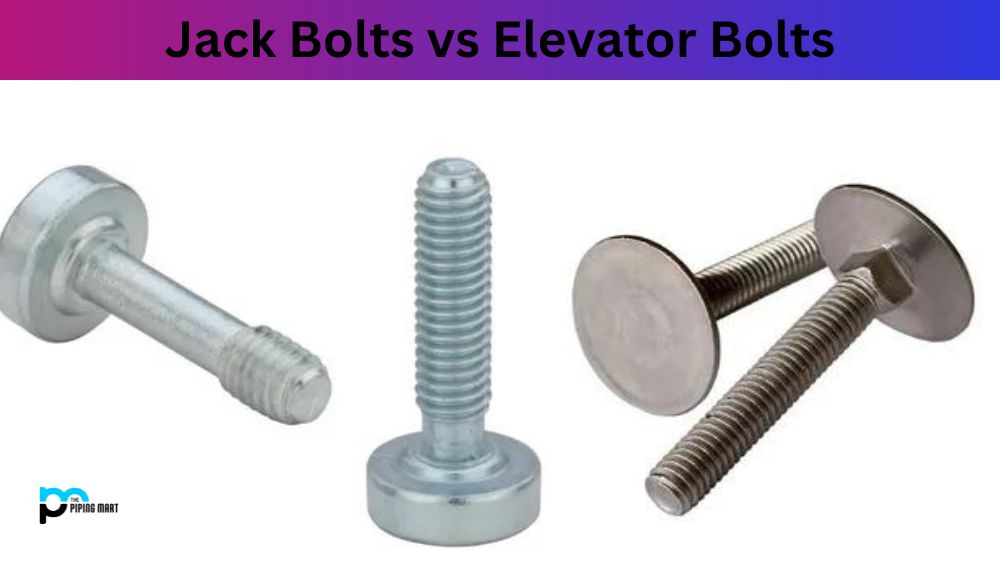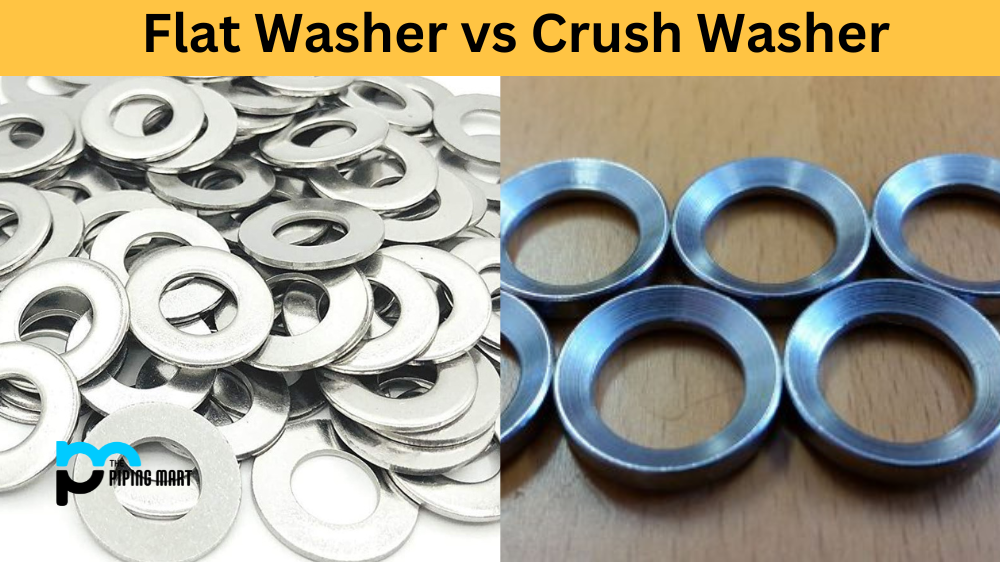When it comes to selecting the right type of machine screws for your project, corrosion resistance is a crucial factor to consider. Two of the most popular options are stainless steel machine screws and zinc-plated machine screws. While both have pros and cons, only one can come out on top regarding corrosion resistance. In this blog post, we’ll pit these two types of machine screws against each other in a showdown to see which one will rust out first and which one will stand the test of time.
Stainless steel machine screws are made of an alloy that combines iron with a minimum of 10.5% chromium. This added chromium creates a protective layer of chromium oxide on the surface of the screws, which makes them highly resistant to rust and corrosion. While stainless steel machine screws may be costlier than zinc-plated ones, they’re worth the investment if you’re looking for long-lasting corrosion resistance. They’re also highly versatile and can be used in various applications, including marine environments, where saltwater and humidity can cause significant damage over time. Stainless steel machine screws are also ideal for outdoor projects that are exposed to harsh weather conditions or high levels of moisture.
Zinc-plated machine screws, on the other hand, are made of steel with a layer of zinc coating applied to the surface. This coating protects against corrosion but is not as durable or long-lasting as stainless steel. Zinc-plated machine screws tend to be more affordable than stainless steel ones, but they’re not suitable for use in environments where they’ll be exposed to moisture or harsh weather conditions. They’re best used for indoor applications, such as furniture assembly or DIY projects, without exposure to the elements.
One advantage of zinc-plated machine screws is that they’re often easier to install than stainless steel ones. The zinc coating reduces friction between the screw and the workpiece, which means it requires less torque to drive the screw into place. However, this also means that the zinc plating can wear off over time, leaving the screw vulnerable to rust and corrosion.
When it comes down to it, stainless steel machine screws are the clear winner in the corrosion resistance showdown. While zinc-plated machine screws might be more affordable and easier to install, they’re not as durable or long-lasting as their stainless steel counterparts. If you want to ensure that your project will stand the test of time, it’s best to invest in stainless steel machine screws, especially if you’re working in a marine environment or an area with high levels of moisture and humidity.
Conclusion:
Choosing the right type of machine screws is an important decision, and it’s essential to consider factors such as corrosion resistance, durability, and cost before making your selection. While zinc-plated machine screws may be more affordable and easier to install, they don’t offer the same level of protection against rust and corrosion as stainless steel machine screws. Stainless steel machine screws are more expensive, but they’re a better long-term investment, especially if you’re working in a harsh environment. Ultimately, the decision comes down to your specific needs and requirements, but if corrosion resistance is a top priority, stainless steel machine screws are the way to go.
Sakshee is a talented blogger, with a particular focus on the Business and Metal Industry. She is passionate about sharing her insights on various metal products and helping professionals to make a better decisions.




